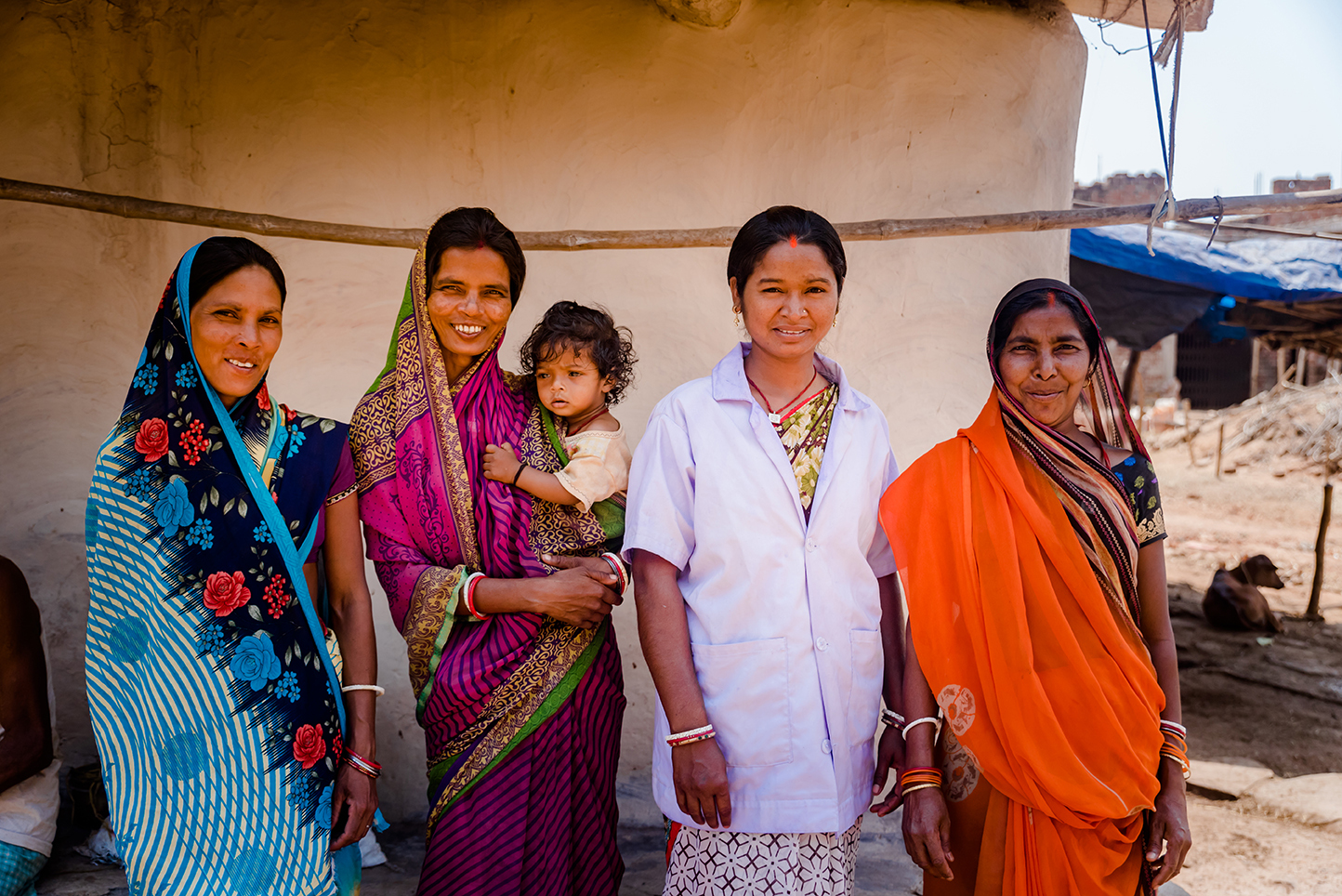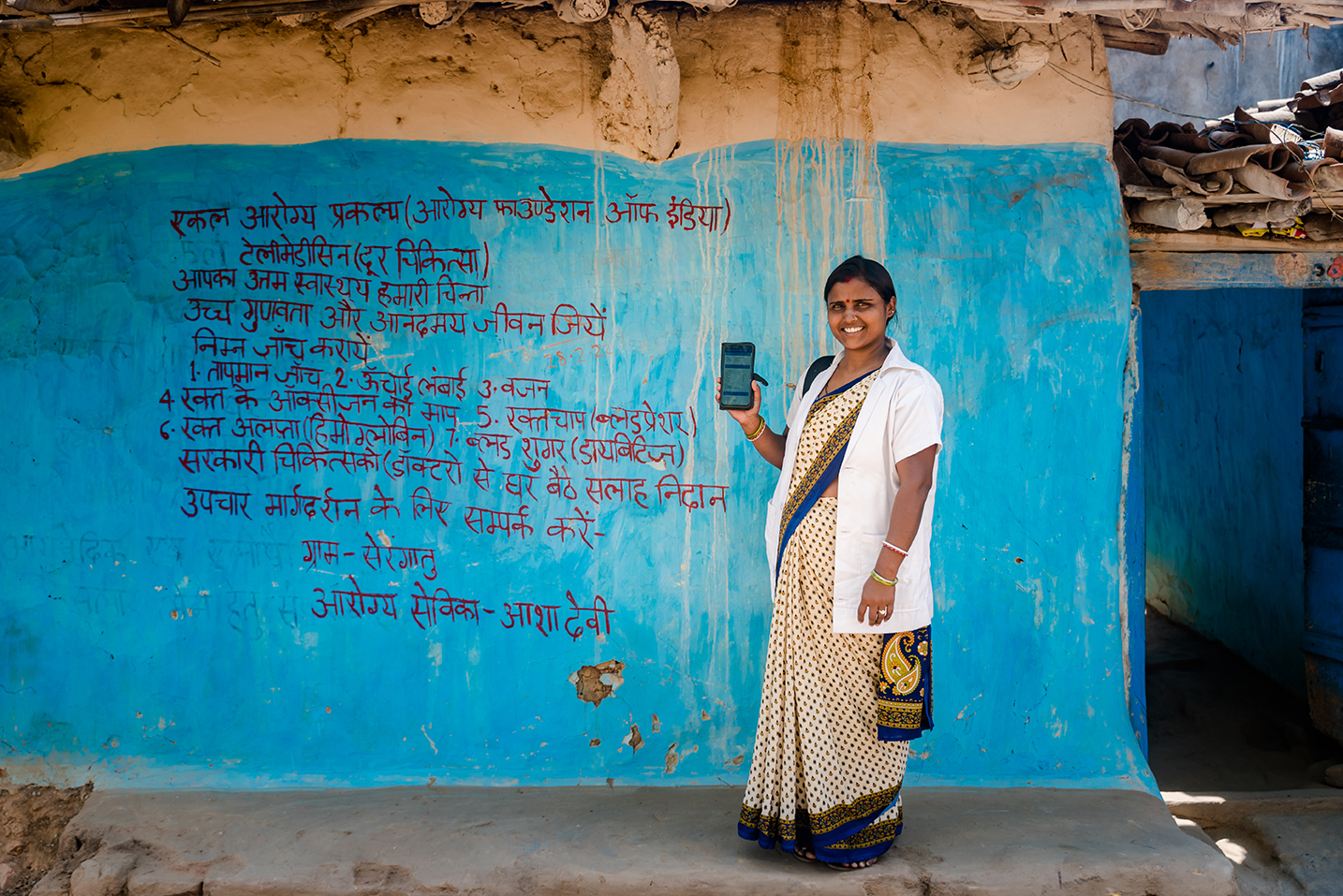Health is an essential aspect for the enhancement of human resources as well as the quality of human life. Now, when we focus on the health of women in the country, it has something profound for primary health and education of the children and the economical wellness of households, along with the women themselves. Women in the rural sector experience inferior healthcare access compared to the women in the urban sector. Several rural regions have limited numbers of doctors and licensed practitioners, especially for women’s health problems.
In India, 70% OF INDIA’S TOTAL POPULATION RESIDES IN RURAL REGIONS and males significantly outnumber females, an imbalance that has increased over time. The typical female advantage in life expectancy is not seen in India and this suggests there are systematic problems in women’s health care.
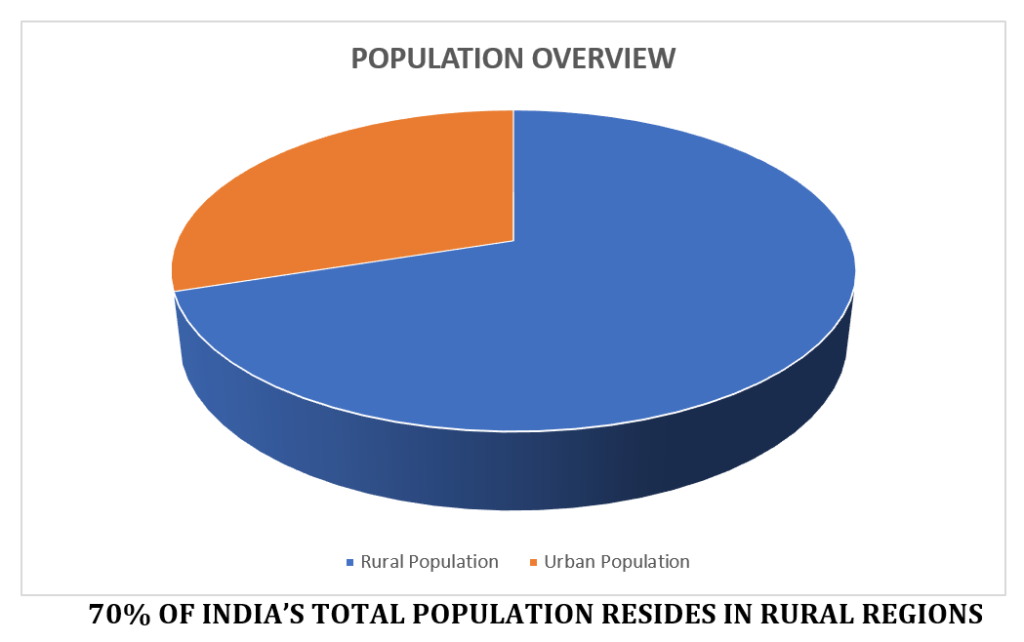
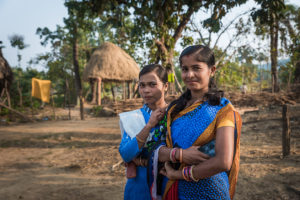
Taking a Dive Down into the most prevalent Women Health Issues in the Country
Hike in the Women Mortality Rates
Indian women have high mortality rates, particularly during childhood and in their reproductive years. India’s maternal mortality rates in rural areas are among the world’s highest. From a global perspective, India accounts for 19% of all live births and 27% of all maternal deaths. Women in poor health are more likely to give birth to low-weight infants. They are less likely to be able to provide food and adequate care for their children. In rural areas where women are less educated and economically deprived, their health condition is worse.
Violence against a Woman affecting her Mental & Physical Health
Research by Usha Prabhakar published in 2003 shows that the effects of violence can be devastating to a woman’s reproductive health, as well as to other aspects of her physical and mental wellbeing. In addition to causing injury, violence increases a woman’s long-term risk of several other health problems, including chronic pain, physical disability, drug and alcohol abuse, and depression. Women with a history of physical or sexual abuse also have an increased risk for unintended pregnancy, sexually transmitted infections, and adverse pregnancy outcomes.

Mother bearing Underweighted and Malnourished Child
Numerous studies indicate that malnutrition is another serious health problem for Indian women. The negative effects of malnutrition in women are compounded by heavy work demands, poverty, childbearing and rearing, and the special nutritional needs of women, resulting in increased susceptibility to illness and consequent higher mortality.
An unhealthy mother gives birth to an unhealthy child. According to the NFHS, Indian children have among the highest incidence of malnourishment in the world. More than half (53%) of all girls and boys under 4 years were malnourished, and a similar proportion (52%) was stunted. An estimated 16 million abortions happen in India each year. The majority of these abortions (73%) are medication abortions.
[Data Source: National Family Health Survey]
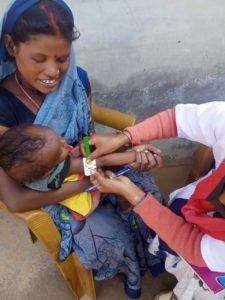
How has Telemedicine impacted Women’s Healthcare in the Country?
In many parts of the world, it’s a challenge for women and girls to travel to a doctor’s office or pay for a doctor’s services once they get there. More often, many victims of domestic violence are hesitant or afraid of coming out and being open about the issues they are suffering, hence, a virtual source like telemedicine service acts as a support mechanism.
At Intelehealth we have found that such barriers are reduced after the introduction of telemedicine services via our telemedicine app. It is an effective approach to handle geographic and cultural difficulties in countries facing similar problems.
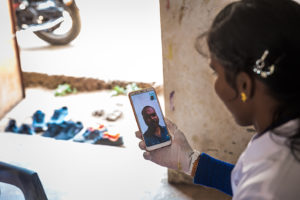
Intelehealth’s Initiatives towards the Acknowledgment and Elimination of such Core Issues
We at Intelehealth have also focused on the dynamics of healthcare programs and initiatives that focus on addressing the issues about women’s health in the country such as reproductive, maternal, sexual, newborn, adolescent, and child health.
Intelehealth collaborates with grass-root NGOs, INGOs, State Govts. and hospitals to provide the right kind of telemedicine solution & implementation support; training & health information to the frontline health workers and enable them to deliver quality healthcare to every individual who does not have sufficient health care resources in their respective regions.
Intelehealth responds to this critical need for women’s healthcare through empowering women, young people, and children. Here is a brief about what we are working towards:

IBIS Vikalp Sansthan has set up a helpline (1800-309-4120) for women to provide information about safe abortion, sexual and reproductive health. The helpline aims to provide general information about female pregnancy, birth control, sexually transmitted infections, and services for women undergoing abortion or experiencing domestic violence, with a primary focus on safe abortion practices for women. “Today, I am a much stronger woman than ever. I urge survivors of domestic violence and sexual harassment, to call on the helpline (1800-309-4120) and seek support. You are not alone. We are here to listen to you and help you in every possible way” – Shamina, a domestic violence survivor now working as a counselor with the Vikalp helpline
We at Intelehealth believe in the vision of Universal Health Coverage – that one should be able to receive the health services they need, when and where they need them, without facing a financial hardship (WHO). Our mission is to “deliver quality healthcare where there is no doctor”. This vision & mission requires the collective efforts of an entire ecosystem. We aim to be a catalyst to empower existing health programs to do more through well-designed user-centered technology.



